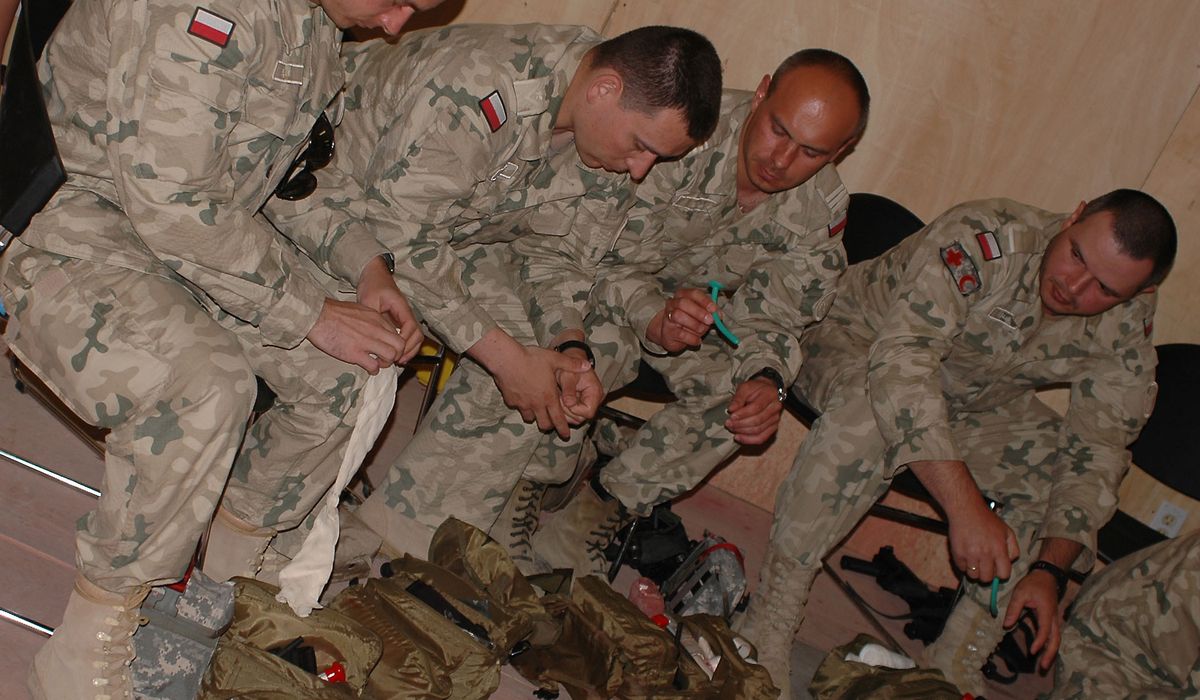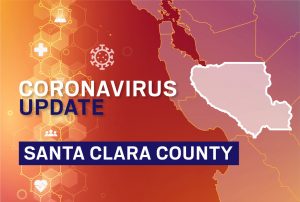Bucharest is more than 5,500 miles from Tuscaloosa, Alabama, but even in a locked-down world a team of Romanian medical specialists was able to make an unlikely journey to lend a hand in the battle against COVID-19.
The State Partnership Program, run by the Department of Defense and several states, was designed to help former communist countries such as Romania build stable and democratic militaries when it began more than 30 years ago.
Now Romania and other Eastern European countries once under the thumb of the Soviet Union are returning the favor.
“The bond between my home nation of Romania and the U.S. state of Alabama has grown into one of enduring strength and readiness,” said Romanian Army Col. Jan-Florin Ganea.
The Romanian military has been partnering with the Alabama National Guard since 1993. They have trained together in the U.S. and in Europe over the years. The Alabama Guard and Romanian military units have both served in Iraq.
Today, more than a dozen Romanian army physicians, nurses and nuclear-biological-chemical specialists are crisscrossing the state from Huntsville to Birmingham to provide much-needed medical reinforcements for hospitals, nursing homes and long-term care facilities.
Working alongside local medical counterparts, the Romanians are sharing what they have learned battling COVID-19 in other countries in Europe. They expect to be working in Alabama until mid-June.
Army Maj. Gen. Sheryl E. Gordon, commander of the Alabama National Guard, said she is always happy when Romanian partners come to the state. But this visit is even more special because of the help they can offer in a time of stress.
“We oftentimes focus on the military aspect of our partnership,” Gen. Gordon said. “This visit gives us an opportunity to focus on the many other benefits of our vital partnership with Romania.”
It’s important for family, friends and allies to join together to fight a common enemy like the coronavirus, Col. Ganea said, “and that’s exactly what this mission represents.”
Air Force Brig. Gen. Jessica Meyeraan, deputy director of security cooperation at U.S. European Command headquarters, said other nations also have stepped up to provide a hand to the U.S. in this “unprecedented moment in history.” The U.S. has the world’s largest reported caseload of COVID-19.
Lessons learned
Alabama officials over the weekend reported that the state had recorded more than 17,000 COVID-19 cases and more than 600 deaths. Infection numbers are still rising in major population centers such as Birmingham, Mobile and Tuscaloosa.
Despite early fears by global health experts, many of the nations of Eastern Europe have reported low infection rates compared with other regions.
“Romania’s desire to connect with Alabama and share critical insights gained during their own COVID-19 experiences exemplifies the underpinning mentality of the partnership program. We are stronger together, and together we can beat COVID-19,” said Gen. Meyeraan.
The same partnership that brought the Romanian medical team to Alabama sent a group of Polish army doctors, nurses and health care professionals to Illinois on a COVID-19 relief mission last month.
Air Force Brig. Gen. Richard Neely, the adjutant general of the Illinois National Guard, said he was deeply moved by the Polish military medics who shared their hard-won knowledge of tactics against COVID-19. Illinois National Guard soldiers and army troops from Poland have fought together in Afghanistan and Iraq under the partnership, Gen. Neely noted.
“We have fought side by side for many years, and now we fight this pandemic together,” he said.
The Polish doctors and other medical specialists were from the Military Institute of Medicine in Warsaw. Before the Chicago mission, they provided medical help to the Lombardy region in Italy, which had one of the deadliest outbreaks of COVID-19 anywhere in the world.
The head of the Polish military medical staff said the situation in Chicago has turned out better than in Italy, where health care workers were overwhelmed.
“Here we didn’t have a collapse of the administration of the medical services,” Dr. Jacek Siewiera said.
The Polish contingent worked at several clinics in Chicago, including the Army Corps of Engineers-built field hospital at the McCormick Place Convention Center. The Polish medical staff also took part in web-based conferences with health care workers in other parts of Illinois.
“We are amazed at how it was done by the National Guard [in the McCormick Center] and how it was done at Cook County emergency medical center,” Dr. Siewiera said. “We are amazed how they are using data to support the decision-making process. It should look like this all the time.”



















